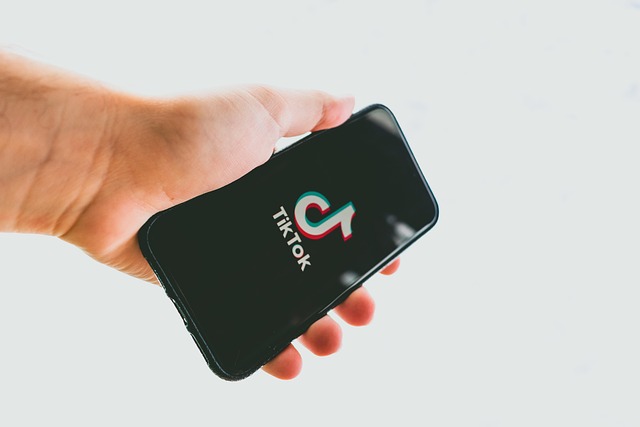Navigating Digital Ethics: Understanding the Social Media Impact on Contacts
In today’s hyper-connected world, the digital landscape has transformed the way we build and maintain our relationships. Social media has become an integral part of our lives, allowing us to stay in touch with friends and family, reconnect with old acquaintances, and even foster new professional networks. However, as we express joy in this convenience, it’s crucial to navigate the complex waters of digital ethics that come with it.
The impact of social media on our contacts is profound. While we can share moments and milestones instantly, the question arises: how does this affect the depth and quality of our interactions? More often than not, when we scroll through our feeds, we encounter curated lives that may leave us feeling disconnected, even if we’re just a click away from someone we care about. Our digital personas may overshadow the authentic connections we crave, leading to superficial relationships.
Moreover, the ethical implications of our online interactions merit serious reflection. Each like, share, and comment contributes to a larger narrative about us and shapes the way we communicate. What happens to our ability to engage in meaningful conversations when emojis replace empathy? The ethical consideration here lies in ensuring that our online presence reflects genuine connections, rather than mere digital obligations.
Social media platforms often push us towards engagement metrics, promoting a cycle of validation that can feel rewarding but ultimately leads to anxiety and insecurity. The pressure to maintain visibility among our contacts can dilute the sincerity of our relationships. Is our connection founded on meaningful exchanges, or are we merely accumulating followers?
It’s vital to be mindful of how we interact with our contacts online. Are we sharing personal moments or oversharing for the sake of engagement? How often do we compare our behind-the-scenes to the highlight reels of others? By fostering self-awareness and promoting transparency in our digital communications, we can cultivate stronger bonds that transcend beyond the screen.
Furthermore, as our online lives intertwine with our real-life connections, we must consider the implications of privacy and consent in our interactions. Sharing aspects of our relationships on social media might seem harmless, but what about the feelings of those involved? It’s essential to communicate openly with our contacts about what we share and to establish trust while navigating these digital spaces.
As we engage with our contacts on social media, let’s prioritize ethics over algorithms. By nurturing genuine relationships, we can create a more supportive and authentic digital community. Our ability to connect should empower us, not alienate us. Embracing digital ethics empowers us to forge deeper relationships that reflect our true selves, reminding us that, at the heart of it all, it’s about the connections we cherish above all else.




